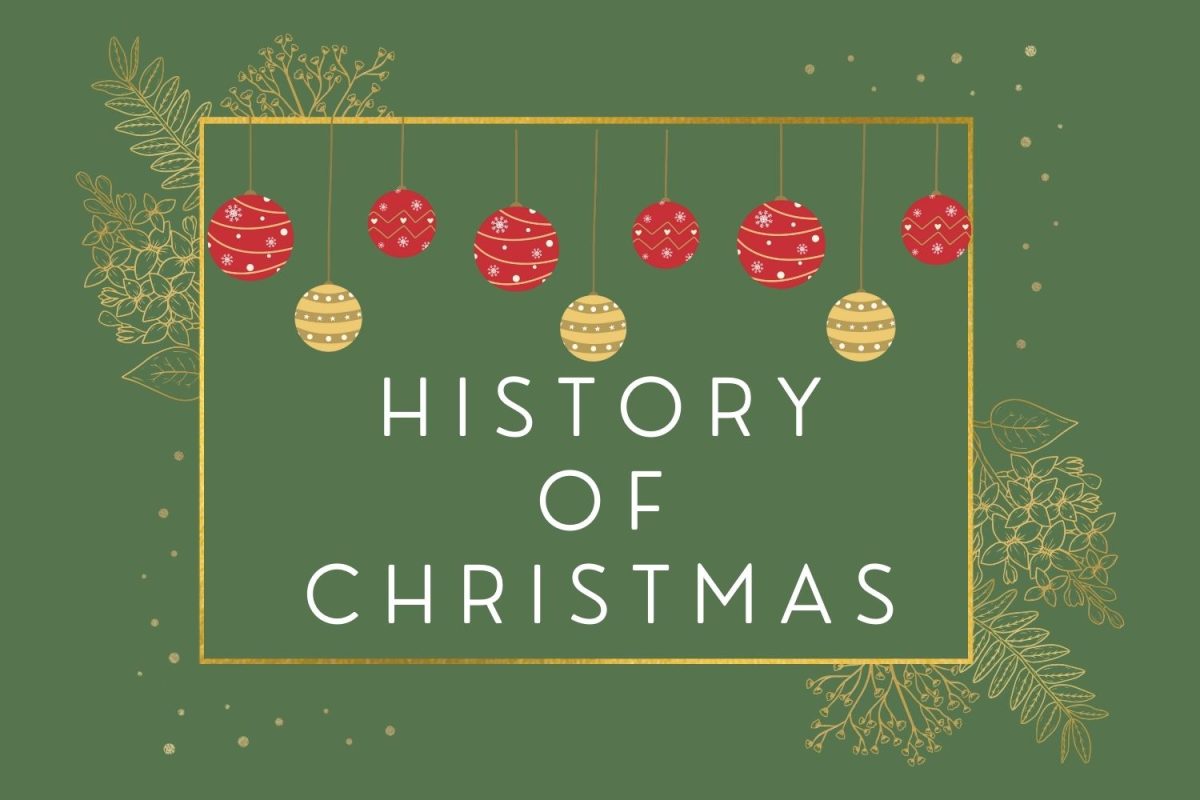Christmas has been a long-time celebration all over the world. Before the arrival of a man called Jesus, early Europeans celebrated light and birth in the darkest days of winter. Many people celebrated during the winter solstice. Almost all cultures celebrate Christmas differently.
In Scandinavia, the Norse celebrated Yule from December 21, the winter solstice, through January. The end of December was a great time of celebration in most areas of Europe. Most cattle were slaughtered at that time of year, so they didn’t have to be fed during winter. It was the only time of year when they had a supply of fresh meat for many people.
In Germany, people honored the pagan god Oden during the mid-winter holiday. Germans were terrified of Oden, believing he made nocturnal flights through the sky to observe his people and decide who would prosper or perish. Because of his presence, many people chose to stay inside.
In Rome, winters aren’t as harsh as in the north. Saturnalia- a holiday in honor of Saturn, the god of agriculture- was celebrated. Saturnalia was a time when food and drink were plentiful, and the standard Roman social order was turned upside down. Businesses and schools were closed so everyone could participate in the holiday’s festivities.
In the fourth century, church officials decided to institute the birth of Jesus as a holiday. The Bible does not mention his birth date; Pope Julius I chose December 25. It is commonly believed that the church decided on this date to adopt the traditions of the pagan Saturnalia festival. First called the Feast of the Nativity, the custom spread to Egypt by 432 and to England by the end of the sixth century.
Church leaders increased the chances that Christmas would be properly embraced by having Christmas at the same time as winter solstice festivals. On Christmas, believers attended church and then celebrated in a carnival-like atmosphere. The poor would go to the houses of the rich and demand their best food and drink. Christmas became when the upper class could repay their real or imagined “debt” to society by entertaining less fortunate citizens.
It wasn’t until the 19th century that Americans began to embrace Christmas. Americans re-invented Christmas and changed it from a carnival holiday into a family-centered day. As Americans began to embrace Christmas as a perfect family holiday, old customs were discovered. In the next 100 years, Americans built a Christmas tradition all on their own that included decorating trees, sending holiday cards, and gift-giving.
Click here for more about the history of Christmas:


